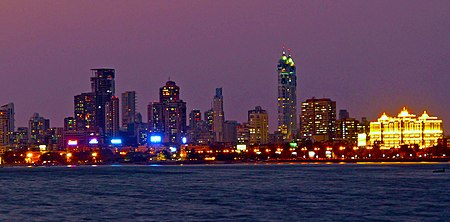A sense of direction
Thinking about regional futures
In considering the future we must also consider, and reflect on, the past.
This micro course allows us to stand back and take a region-wide examination of Asia and the Pacific. It also allows us to pause and reflect on all of the topics we have examined so far. In considering regional futures, we need to think again about the region, the diversity contained within it, the peoples, cultures, religions, as well as the diverse, yet sometimes shared, historical experiences it encompasses.
We also need to reflect on the economic imperatives of the region and individual countries, and the key issues and events that have been a part of contemporary regional relations. We should also reflect on the impact of globalisation on state relations and on individual states or groupings of states.
Guidelines for your study of this section
In order to get a sense of direction in terms of regional futures in the Asia-Pacific we should begin by identifying and explaining the key issues facing countries in the Asia-Pacific in the contemporary era. We then need to identify and evaluate the key opportunities for Asian-Pacific countries in the 21st century. We also need to explore and evaluate government responses to these issues and opportunities in order to determine what issues and opportunities are most pressing for individual governments and states.
However, we should also consider how accurately these issues and opportunities reflect the states’ electorates.
- Do the issues and opportunities being discussed and debated accurately represent the key issues and opportunities of most concern/interest to the people of Asian-Pacific states?
- If not, why not? And what issues and opportunities are electorates concerned about or enthused by?
Finally, we should consider just what an Asia-Pacific identity really constitutes, particularly as the 21st century progresses.
- Is this regional identity still appropriate (if it ever was)?
- What does it convey?
- Do regional relations in the Asia-Pacific reflect a shared interest and affiliation with an ‘Asia-Pacific’ region, and
- What will be the likely future scenario for this region?
